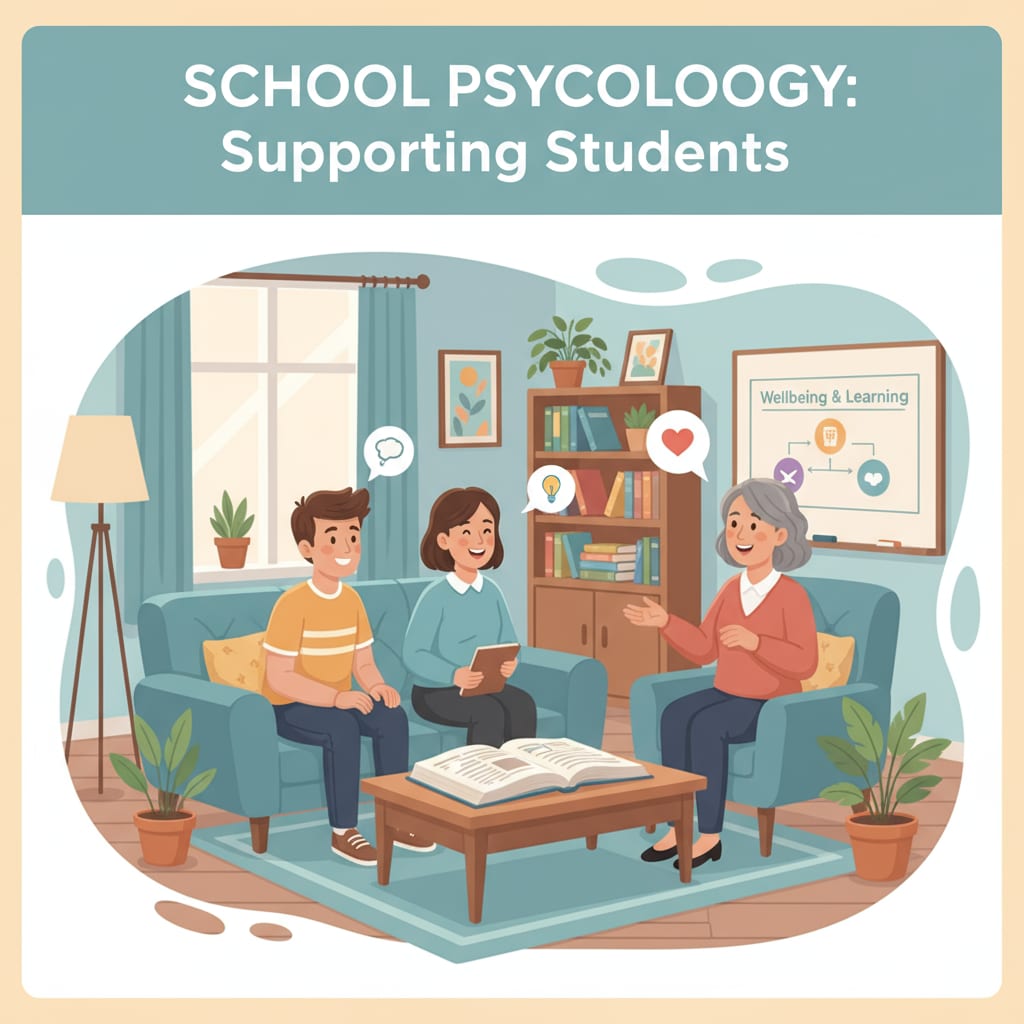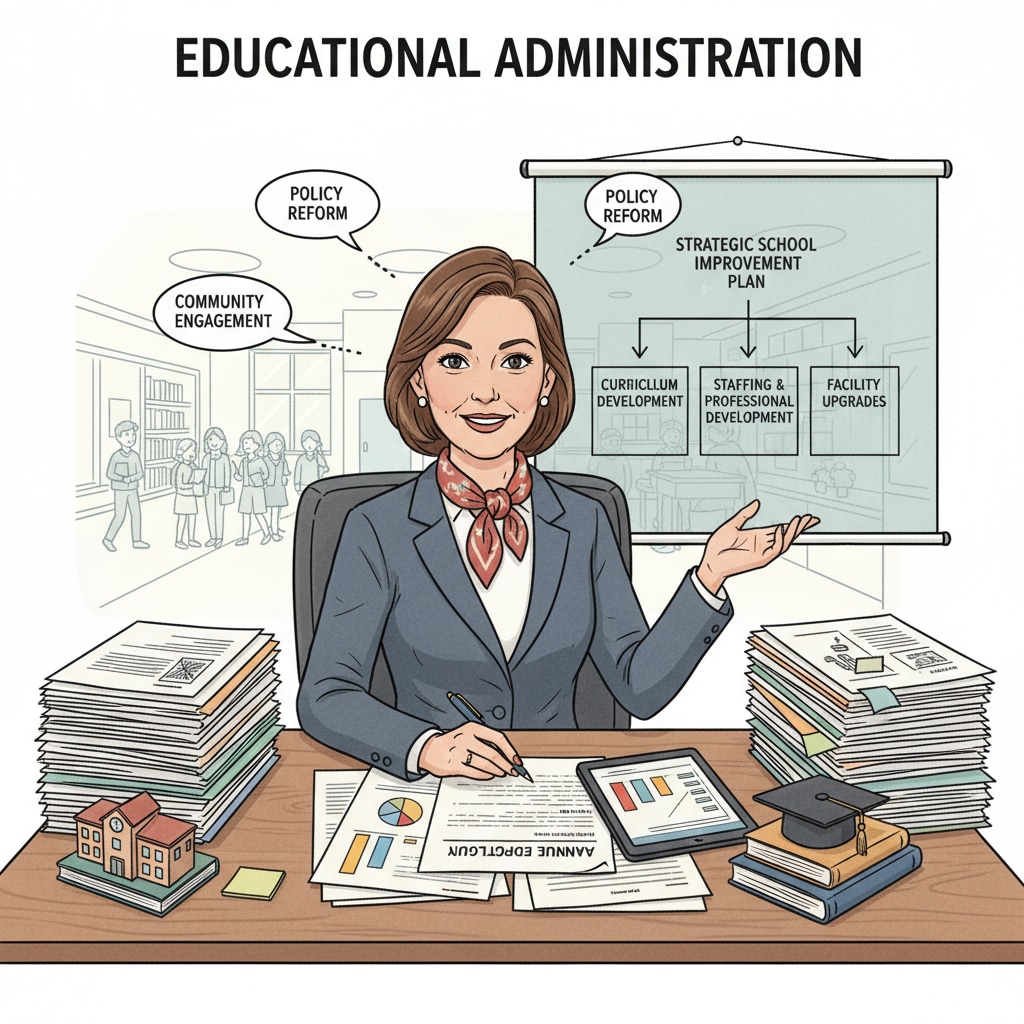When it comes to career choices in education, the decision between school psychology and administration can be a challenging one. These two paths represent distinct yet equally important directions within the educational landscape. In this guide, we will delve into the advantages and disadvantages, the necessary preparations, and the career prospects of both school psychology and administration, aiming to help educators, particularly those with teaching assistant experience and non-education backgrounds, make choices that align with their personal values and career goals.

The Allure of School Psychology
School psychology offers a unique opportunity to directly impact students’ mental health and well-being. School psychologists work closely with students, teachers, and parents to address a wide range of psychological and behavioral issues. They conduct assessments, provide counseling services, and develop intervention plans to support students’ academic and social success. For example, they might help a student struggling with anxiety overcome their fears and focus on their studies. According to the American Psychological Association, school psychologists play a crucial role in creating supportive learning environments.
The Realm of Educational Administration
On the other hand, educational administration focuses on the management and operation of educational institutions. Administrators are responsible for setting policies, managing budgets, and overseeing the overall functioning of schools. They ensure that schools run smoothly and that students receive a high-quality education. For instance, an administrator might work on improving the curriculum or enhancing the school’s facilities. As stated by Education World, effective administrators are essential for the success of educational institutions.

Now that we have a basic understanding of these two paths, let’s compare their advantages and disadvantages in more detail. School psychology allows for in-depth interaction with students, but it may require dealing with emotionally challenging situations. Educational administration offers the opportunity to shape educational policies on a larger scale, but it often involves long working hours and high levels of responsibility. In addition, the skills and qualifications needed for each path also differ. School psychology typically requires a graduate degree in school psychology and relevant certifications, while educational administration may call for a master’s degree in educational administration or a related field. Ultimately, the choice between school psychology and administration depends on your interests, skills, and long-term career aspirations.
Readability guidance: This article presents clear sections on each career path, highlighting key aspects. Lists could be used to further break down details. The passive voice is kept to a minimum, and transition words like “on the other hand” and “in addition” are used to enhance flow.


